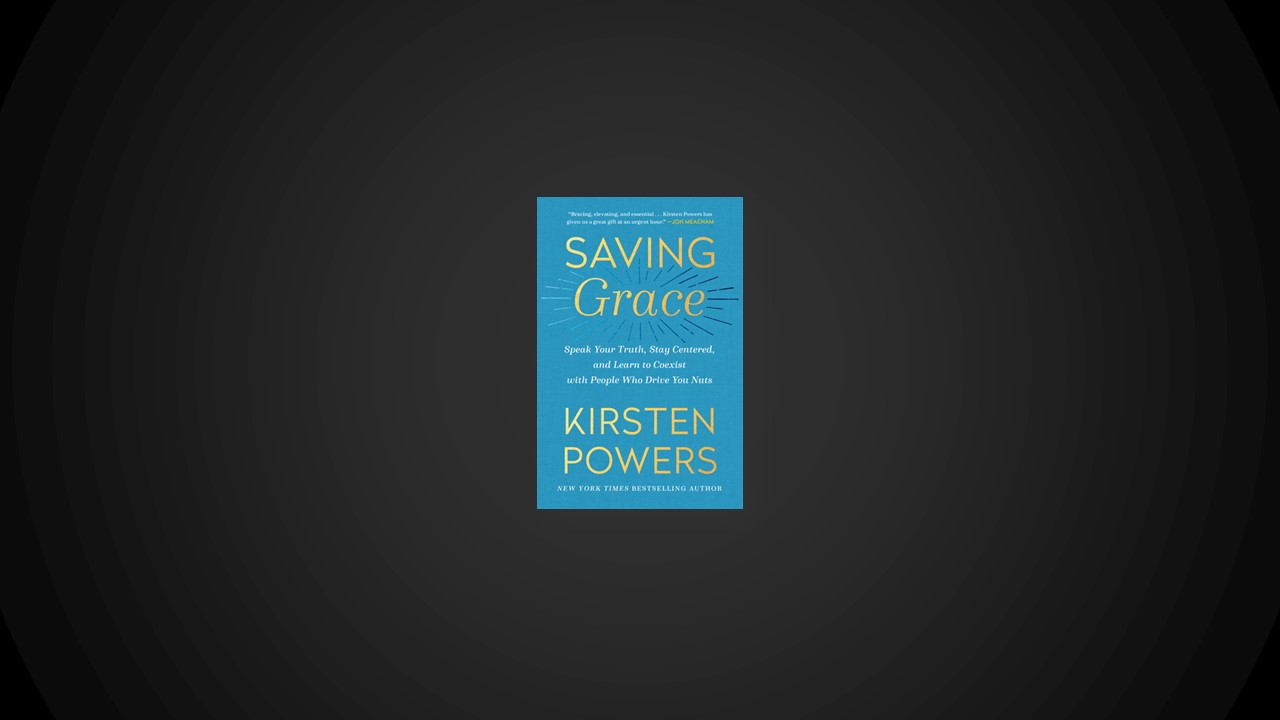Beyond Good and Evil
Dualistic thinking sets us against one another and creates toxic levels of conflict. It leads us to denounce wholesale people who disagree with us on political, ideological, or religious issues, because through the binary lens, a person could hold a differing view only because they are stupid, weak, craven, misinformed, selfish, or maybe even evil. Such thinking can leave us feeling perpetually annoyed by, angry at, or betrayed by people who don’t share our point of view.
But beware: our brains have a cognitive bias toward binary thinking. This bias serves as a mental shortcut when a quick decision is needed, such as if our lives are in danger. But for nonurgent situations that require deeper analysis, it can obscure more nuanced options.
This tendency can be encouraged and reinforced by cultural norms. Not all cultures exalt binary thinking. But Westerners have been steeped in binary logic. So, a person is either good or not good. Something is either true or not true.
When Grace Runs Out
It’s scary to look at our own racism, sexism, or bigotry. It’s terrifying to contend with our own selfishness or indifference while people around us suffered in plain sight. It’s painful to reckon with the ways we have mistreated people, often unknowingly. As New York Times columnist Charles Blow notes, a lack of understanding and empathy can cause grave harm to others, whether that’s your intent or not.
For some, it’s mortifying to face the oppressive history of the country they love. Many Americans were raised on fairy tales about our heritage that whitewashed much of the brutality, oppression, and inequality out of the picture. The truth will set you free, but first it might break your heart. We need brokenhearted people overflowing with empathy if we want to heal this country.
Just remember, grace is not a “get-out-of-jail-free” card. It’s not a weapon to be wielded to excuse or erase our failures. To believe either of these things is to make a grave category mistake. Rather than abusing the endless grace that so many of us have been shown, we should focus on pouring a portion of it back into the world as we labor toward the vision of a Beloved Community where there is such a love of our fellow citizens that we will accept nothing less than justice and equality for all.
Just Say No
If we want to practice grace with challenging people, we need to be focused on creating internal emotional safety, because external emotional safety is simply unachievable. We can’t control how other people behave. The more integrated we become, the more our capacity grows to engage with people who in the past activated us. That said, the fact that you have the capacity to deal with someone doesn’t mean you are obligated to do so. Life is short. You have a right to spend your energy the way you want. And lest there be any confusion: there are people who are unsafe and psychologically dangerous, and you should be wary of being in relationship with them and use strong boundaries if you must interact with them.
In addition to knowing what we are a “no” to, we should be clear about what we are a “yes” to. I’m a “yes” to respectful dialogue and debate, constructive criticism, honesty, good-faith debates, humility, kindness, and support for justice and equality. This is not an all-encompassing list but is just meant to give you a sense of the kinds of things to consider when determining what you want to allow in your life.
Clothe Yourselves with Humility
If we want to overcome our rigid certainty, we need to get to a place where we can recognize that we may not fully understand every issue and that our brain is often working against us when we try to discern the truth of a situation or person. We would be wise to remember also that with the passage of time we often come to see things quite differently. This should cause us to show humility when confronting issues or people. This is as true in politics as it is in our personal lives.
For people who are older, we have to fight against myopia and comfort and being wedded to the way things have always been. Younger people need to open up to hearing the hard-earned wisdom of those who have gained the kind of deeper perspective that can only come from experience. There is a tension to be found here that has so far eluded us—and will only be discovered if we can approach each other with humility.
Developing intellectual humility gave grace just enough room to sneak in and help me see many things I was so sure about from a different viewpoint. As someone once said, “I once was blind, but now I see.” Yes, grace is so amazing that it can help us see what is right in front of us, if only we choose to look.
Embrace Healthy Conflict
In order to engage in healthy conflict, we have to give up our judgments and beliefs about the other side, if only for the moment. If you are talking to your parents, for example, imagine how you would feel if your child (or maybe niece or nephew) grew up to embrace a political party or ideology that stood against everything you believed, and then they came home to lecture you about your stupid, immoral beliefs. You’d probably wonder where you went wrong. None of this means you should hide your views, but if you understand where other people are coming from, their reactions won’t feel as threatening or confusing.
In an essay on how to disagree, writer Paul Graham offers a helpful guide that if everyone debating politics, religion, and the like followed, we might actually be able to move past the pointless, frustrating, and rage-inducing arguments we often experience or witness online or in the media
Going from lowest forms of disagreeing to highest forms, he lists the four tactics that drive me (and probably you) completely bonkers: name calling; ad hominem attacks (attacks characteristics of writer but not substance of argument); responds to tone but not the actual argument; and contradiction, which is stating “the opposing case with little or no supporting evidence.”
Graham then moves to the higher forms: counterargument (contradicts and then backs up with reasoning and evidence) and refutation (finds the mistake and explains why it’s wrong, ideally using quotes). Finally, he shares the crème de la crème of argumentation: explicitly refute the central point the other person has made. When engaging in healthy conflict you should try to stay in the zone of counterargument, refutation, and focusing on the central argument. The point of healthy conflict is not to “win.” It’s to build understanding.
Showing curiosity is another way to make people feel seen and heard and can prevent escalations. Don’t assume you know what another person’s motivations are. “You are just saying this because it’s good for your business” would be such an accusation. Or “You only believe this because it’s what your husband believes.” The person is standing right in front of you. Why not just ask them how they came to have this belief? Similarly, you shouldn’t tell people how they feel about things. “You don’t care how much your beliefs hurt me” is a declarative statement you should avoid making unless they’ve actually told you they don’t care about you feeling hurt.


